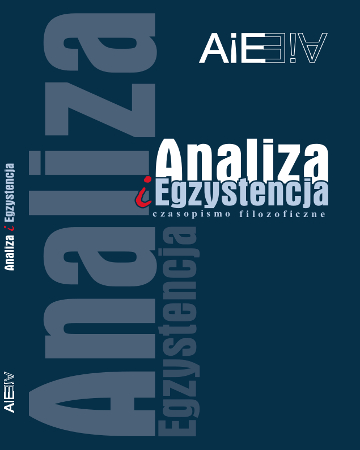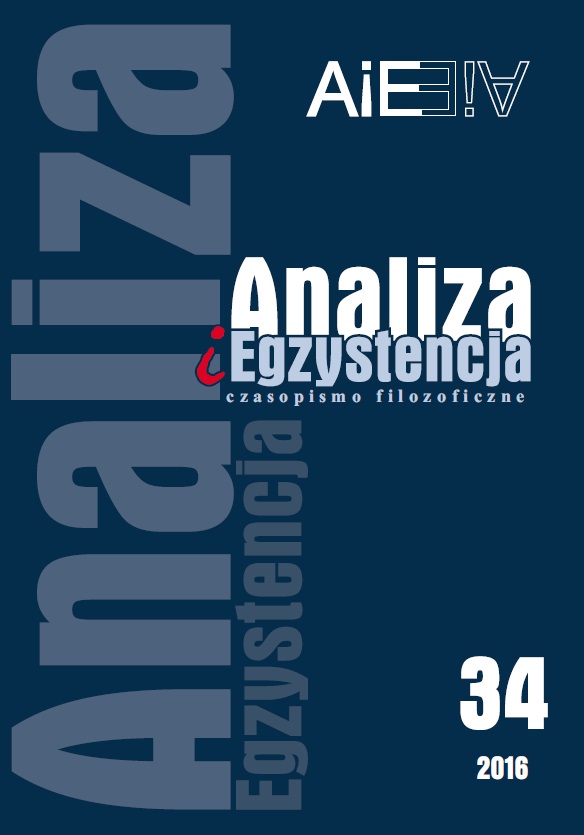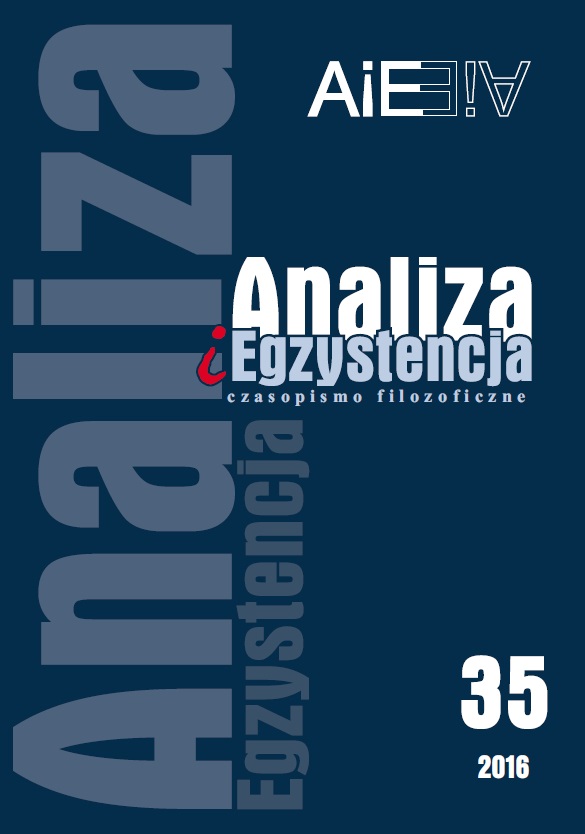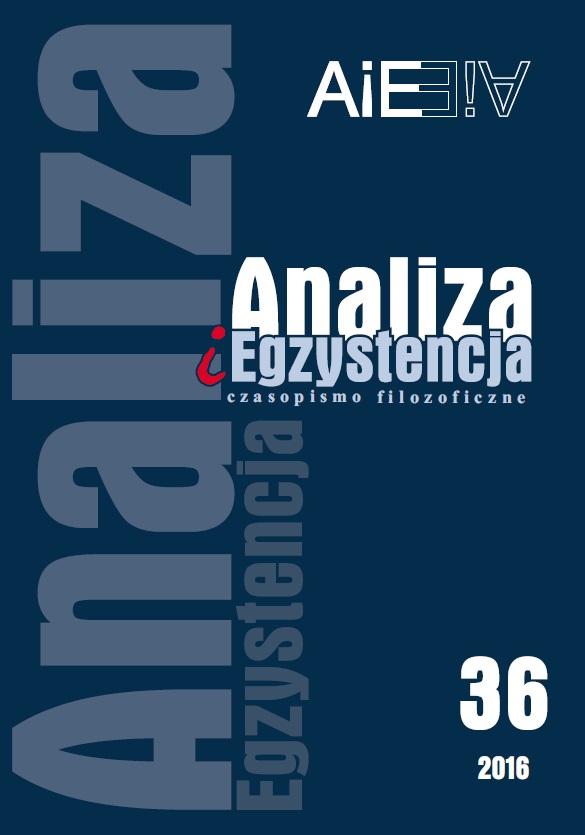
De Anima Arystotelesa oczami Franza Brentano. Budowa ludzkiej duszy na podstawie Die Psychologiedes Aristoteles, insbesondere seine Lehre vom nous poietikos oraz w kontekście pozostałych prac ze zbioru Aristotelica
This paper is a part of a project devoted to Brentano’s Aristotelian writings. I concentrate on his habilitation about Aristotle’s psychology, and especially on how he understood Aristotle’s division of mental life into three levels as well as the functions typical for these levels. I analyze two notions that Brentano introduces in his account: Zwischenglieder, meaning intermediary “levels” within the soul enabling smooth passages between the vegetative soul and sensory soul and between the latter and intellectual soul; and Gottverwandtschaft, i.e. human kinship with God, which is possible thanks to the noblest part of the soul. I also introduce two metaphors of the soul: cake-metaphor and fabric-metaphor.
More...


